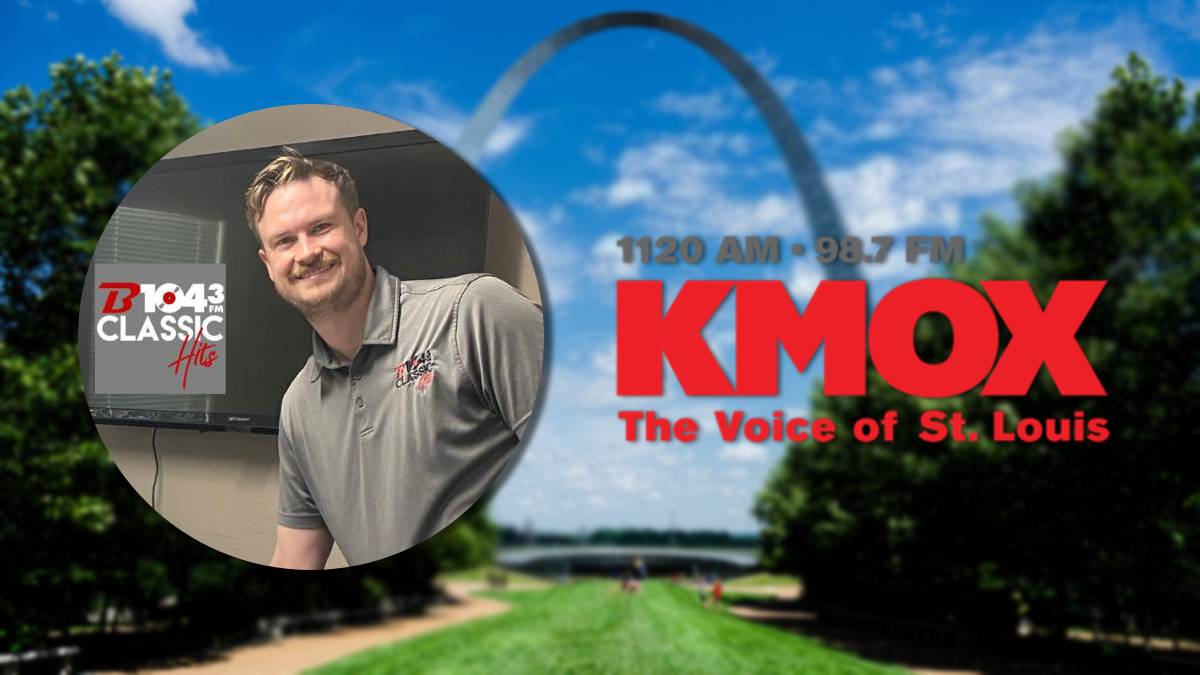If you keep up with the trades, you likely saw a recent story about a radio study conducted by Dentsu (a major agency network, although if you read their description of what they do, you would be hard-pressed to determine whether they have anything to do with advertising).
The study showed that audio advertising, whether radio, podcasts, or ad-supported streaming music, yields greater attention than other forms of media. The three biggest radio groups (iHeart, Audacy, and Cumulus) all participated as partners in the study.
Obviously, this is great news for the radio business. The fact that the study was conducted under the aegis of a major agency network should lend more credibility and as the economy may be headed toward a recession, major advertisers will demand more bang for their buck. Radio is a great investment, not only for reach, but now attention as well.
That the three biggest radio groups were directly involved is wonderful and the other participants from the content side were Spotify, SiriusXM, and Amazon Music. Is there one major company missing from this list? Should Nielsen Audio have been involved in at least some sort of supporting role?
During my time at Arbitron, the company funded many industry studies, most of which didn’t give the company a whole lot of credit. I remember Thom Mocarsky, who did a great job of dealing with the press and shareholder relations over many years, fuming over the “Edison studies”. Yes, Larry Rosin and his excellent group at Edison did plenty of solid studies, but Arbitron paid for them and didn’t receive a whole lot of thanks in the industry.
There were also a few very special studies that I was involved in over the years. Two were with Jacobs Media and in Fred’s nimble way of marketing, these were “The Bedroom Project” and “Goin’ Mobile”. Both were unusual because they were ethnographic studies, a technique the industry had not seen before. And they weren’t cheap to do, but I found a way to pull the money out of my budget each time (I had padded the Media Rating Council audit budget just a bit) and now that the statute of limitations is up, I’ll fess up to budget shenanigans on behalf of the industry we served.
Both of these studies were groundbreaking. The Bedroom Project in 2007 was the first time that the industry could watch listeners on video in their own homes speaking out and showing us how they used or didn’t use radio. We wanted to get at a younger group because even 16 years ago, we were concerned about where that potential audience was going. It was also a rare opportunity to see Fred Jacobs in a suit and tie.
Three years later, “Goin’ Mobile” arrived after probably taking a couple of years off of Paul Jacobs’ life due to having to ride around with some of the study’s subjects. Again, the industry received a video glimpse of how people were using radio and audio in their cars as they were on the move. We were given the opportunity to look into the future.
Fast forward a year and Kevin Wolfson, one of our reps at the time, gave me a call about a problem he was having in the Gainesville, Florida market. Gainesville is unique, not only because it’s the birthplace of both Tom Petty and Don Felder, but because the University of Florida owns a couple of commercial stations they were still running at the time and were Arbitron clients. They wanted to do something with Arbitron, so I was brought in (it always helps to bring a Ph.D. along when you’re meeting with academics). We discussed some ideas, the result being a major study that never had the publicity I felt it deserved, Class of 2015.
Arbitron and eventually Nielsen financed what was probably the first longitudinal (across time) study of its kind. Dr. Sylvia Chan-Olmsted, a UF faculty member, an excellent researcher, and a fellow Michigan State Ph.D., was in charge. We took a sample of 150 incoming UF freshmen in the fall of 2011 and followed them to graduation. Sure, we lost a few over time but saw some amazing trends.
The final version of the study was presented just once, at the last Nielsen Audio Client conference in December 2015. We knew about the growth of Spotify over Pandora well before the market did and of course, we knew that college students didn’t spend very much time with broadcast radio.
Because of those results, we weren’t able to go public based on concerns that the negative results may upset some of the company’s clients. We had planned annual update presentations, but only one was ever done at a conference in Berlin, Germany in 2012. The assumption was that the trade press wouldn’t pick up on that presentation.
These were all great studies, but here’s my point: Have we seen any studies of this magnitude in recent years? Has Nielsen spent any money to fund a study or two that might help the industry? Arbitron used to see it as an obligation to radio because if radio grew, Arbitron grew with it.
To Nielsen’s credit, they did finish up with the Class of 2015, due in no small part due to the fact that Nielsen’s COO at the time was a distinguished alum of, you guessed it, the University of Florida College of Journalism!
If you had the budget today, what do you think would make a great study to help the radio industry better understand where the audience is headed and what to do about it? That’s not to say that nothing has gone on in the meantime.
Edison has completed a number of studies and Fred and company do regular surveys for the industry, but the demise of the Client Conferences (formerly the Consultant Fly-In) and the NAB Radio Show as a standalone event has limited the opportunity to disseminate a major study in front of a large in-person group. Zoom can handle thousands of people, but it’s not the same.
Thanks to the Big Three for participating in a study that may well bring more money to the industry. But for programmers, what’s the next great idea, and who will pay to see it come to fruition?
Let’s meet again next week.






